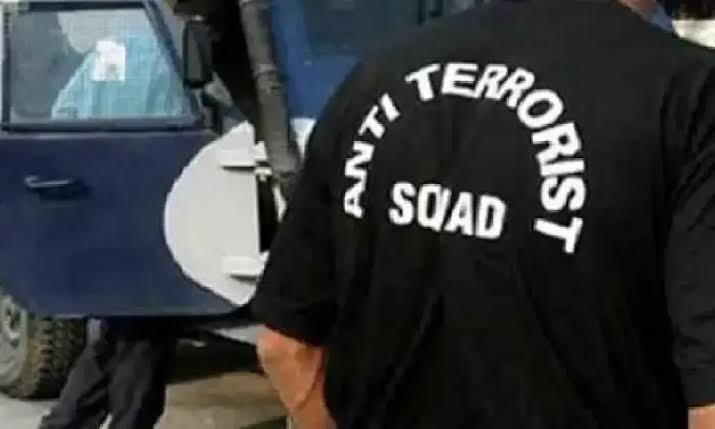Pune ISIS Module Accused Allegedly Robbed Satara Sari Shop, Used Proceeds to Purchase Bomb Components : ATS

Pune ISIS Module Accused Allegedly Robbed Satara Sari Shop, Used Proceeds to Purchase Bomb Components : ATS
The investigation into the activities of the Pune ISIS (Islamic State of Iraq and Syria) module traces back to July of the previous year, when a routine patrol by the Pune city police intercepted three individuals suspected of vehicle theft.
The Maharashtra Anti Terrorism Squad (ATS) has now initiated a probe into an armed robbery incident that occurred at a sari shop in Satara in April of the same year. Surprisingly, it has surfaced that the perpetrators of this robbery are linked to the accused in the Pune ISIS module case, currently under investigation by the National Investigation Agency (NIA). The individuals involved allegedly utilized the proceeds from the robbery to procure materials for bomb-making and to fund terrorist activities.
The probe into the Pune ISIS module began when three suspects, Mohammed Yusuf Khan, Mohammed Yunus Mohammed Yakub Saki, both hailing from Ratlam in Madhya Pradesh, and Mohammed Shahnawaz Alam alias Shafi from Jharkhand, were apprehended by Pune police. It was discovered that Khan and Saki were wanted by the NIA in connection with the recovery of explosives in Rajasthan in 2022.
Following the transfer of the case to the Maharashtra ATS, additional arrests were made, linking more individuals to the ISIS module. Subsequently, the NIA took charge of the investigation, formally naming the group as the ‘Pune ISIS Module’ and charging seven individuals in November of the same year. Alam was later arrested by the Delhi Police’s Special Cell and included as the eighth accused in the case.
Recent revelations from both the NIA and ATS investigations indicate that three of the accused—Saki, Alam, and Zulfkar Ali Barodawala—planned and executed the armed robbery in Satara. Allegedly, a portion of the stolen money was diverted to procure bomb-making materials, highlighting the nexus between criminal activities and terrorist funding.
During a court hearing, the prosecution stressed the necessity of further custody to investigate various aspects, including the acquisition of bomb components, tracing the weapons used in the robbery, and exploring potential links to other terrorist activities. The court granted a 14-day remand to the ATS for the accused.
The NIA’s chargesheet outlines a broader conspiracy with international connections, implicating foreign-based ISIS handlers and detailing plans for terrorist attacks across multiple Indian states. The accused individuals were allegedly involved in organizing training camps, harboring terrorists, and preparing Improvised Explosive Devices (IEDs), posing a significant threat to national security.
As the investigation unfolds, the depth of the Pune ISIS Module’s operations and its implications for national security continue to emerge, underscoring the ongoing challenges in combating terrorism on Indian soil.









